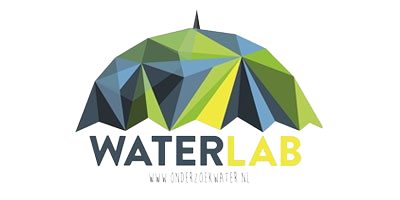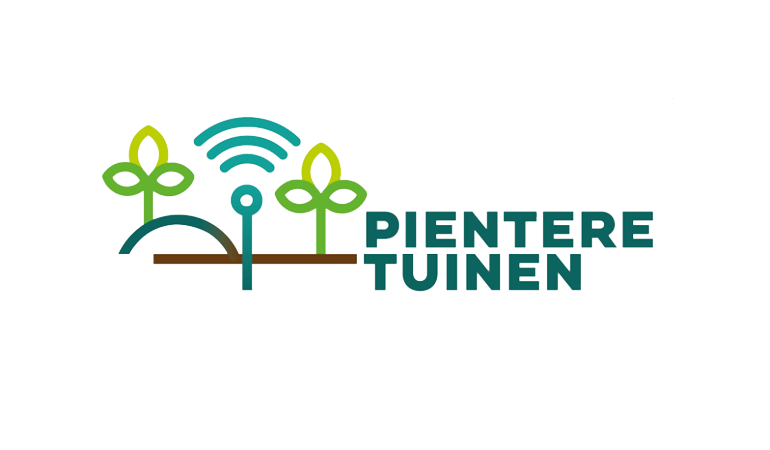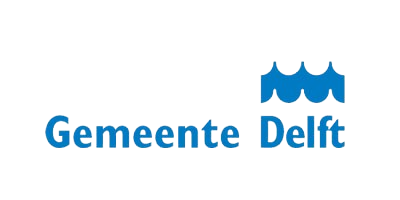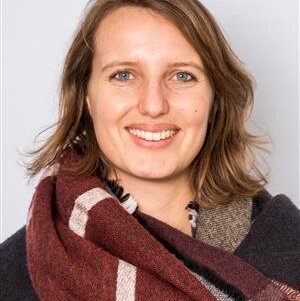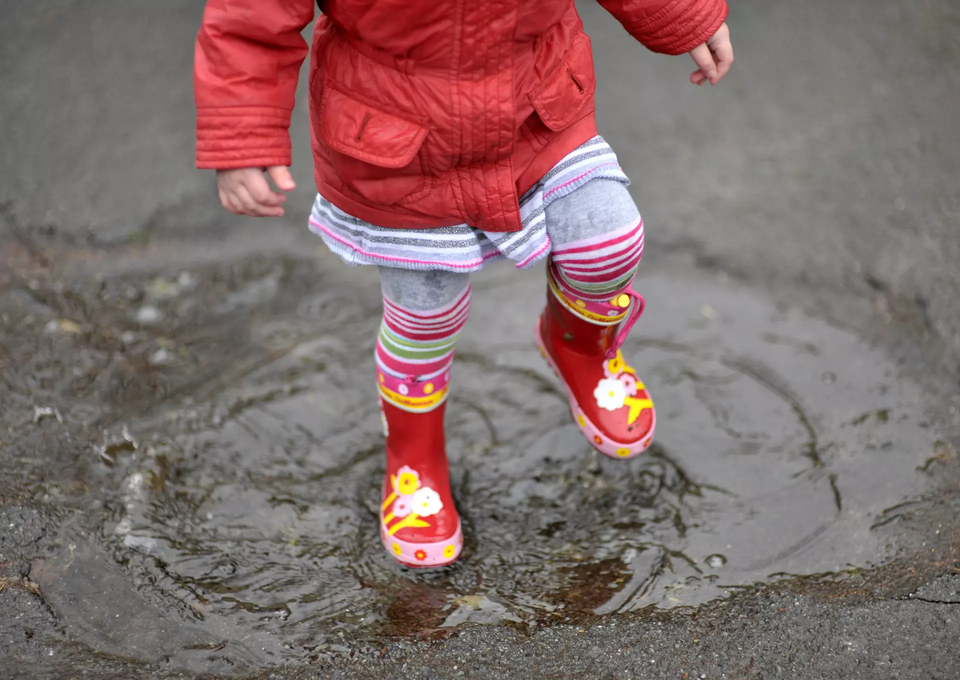Delft Measures
- Ongoing Project -
Delft Measures fosters collaboration among citizens, local institutions, and NGOs to monitor weather and climate in Delft. Since 2020, citizens measure the spatial variability and temporal long-term shifts in temperature, rainfall, and soil moisture. The project serves diverse goals (e.g. fundamental research, participation and awareness raising, policy making), proving to be a positive and engaging experience for participating citizens. Delft's susceptibility to climate change, as a city below sea-level with ageing infrastructure, underscores the project's importance, informing improved drainage design for extreme weather. Collaborating with the municipality and university, citizen science directly shapes city infrastructure. For the university, it provides valuable insights into urban impacts on local climate patterns, and it serves as an Open Science case study, assessing the implementation of open science practices in citizen science initiatives.
Impact and Future Prospects
Social Impact
The societal impact of Delft Measures lies mainly in providing local data to assess the effect of green spaces and the local variability of weather patterns. This informs local NGO's but also individual citizens on how to rearrange their garden. Furthermore, the Delft municipality uses this data to inform decisions on future remodelling of the water drainage and storage network in the city, to adapt Delft to a changing climate.
Scientific Impact
The project provides data to assess the impact of private areas (gardens) on local weather patterns, flooding and heat and how this may 'radiate' to the surrounding houses or neighbourhood. This is an addition to existing research, that mostly focusses on public areas.
Future Prospects
The findings have the potential to guide urban planning and policy beyond Rotterdam, serving as a model for cities with similar demographic and environmental challenges. The team aims to collaborate with local authorities and stakeholders for long-term implementation and scalability of the strategies, fostering sustainable, resilient, and inclusive urban environments.
Background and Motivation
Delft Meet conducts research with Delft citizens, TU Delft and local partners into how cities (it's buildings and green areas) influence local rainfall and temperatures. Within the city, it can vary per neighbourhood how much it rains, despite the relatively small distance between the them. Also, not every neighbourhood is equally green and, especially in the summer, the temperature can vary considerably from neighbourhood to neighbourhood. Due to climate change, those rain and heat patterns are also changing. That is why we also measure the local temperature and soil moisture to see whether the amount of greenery in the area affects how hot it is in the summer and how moist the soil remains. The KNMI has an average of 1 weather station per 100 square kilometres throughout the Netherlands, in total there are about 300 of them throughout the country. Apps, such as Buienradar, measure rain per 1 square kilometre, but because the radar measures the rain in an indirect way, it is often inaccurate. With Delft Meet, we increase the number of weather stations, so that we measure rain on every square kilometre in Delft. To do this, we use weather stations that are connected to the WOW-KNMI network, and soil sensors from Pientere Tuinen.
Societal and Academic Relevance
The collected data from DM holds great value for various partners. The efforts of DM and its citizen scientists not only inform the citizens and scientists about climate patterns but also play a crucial role in the city’s infrastructure planning. The data collected aids the municipality in understanding water drainage system design, informing upcoming climate adaptative remodeling, and informs policy decisions regarding water management. The measurement network of DM aids TU Delft researchers in understanding urban climate and weather variability, contributes to nationwide projects on motivating people towards greening, and even feeds into a broader (inter)national dataset on meteorological conditions via the WoW-KNMI data platform for meteorological research.
Methodology and Steps
We use a citizen science methodology, where we co-created/co-decidedthe choice of parameters we are currently measuring, together with the citizen scientists. We have recruited our citizen scientist through social media campaigns and through our partners DOK (public library) and Duurzaamheidscentrum de Papaver (the local nature and sustainability education centre). The project went through a series of improvement and methodology changes every year, but now we have settled on: -Measuring local weather/climate (temperature, humidity, wind, rainfall) with Alecto weather stations in private gardens. -Half of those gardens also have a soil moisture sensor that measure on 15cm below ground level. In 2022 we ran a pilot with a few citizen scientists on measuring groundwater level using a simple monitoring set up and an app (Mobile Water Management app) to measure the depth of the water. We will expand that pilot in 2024.

